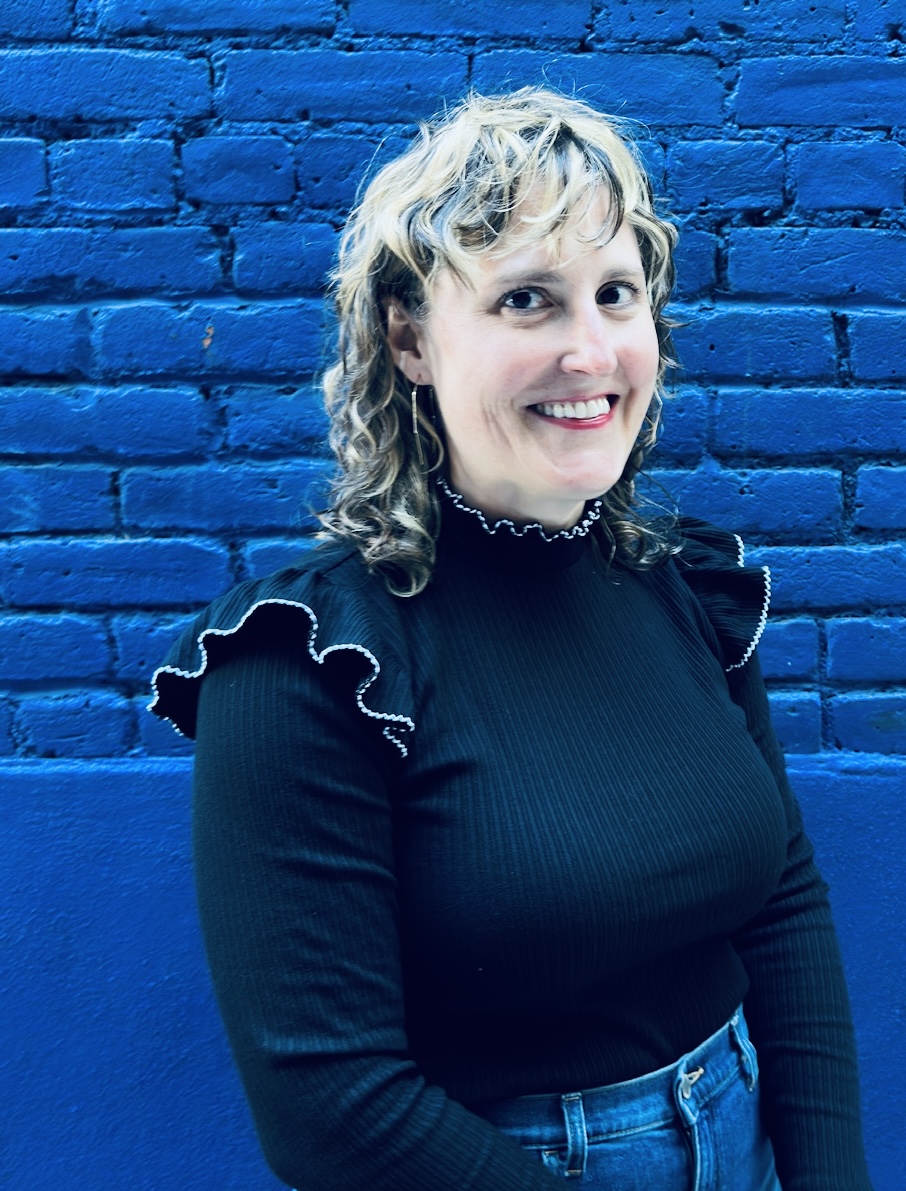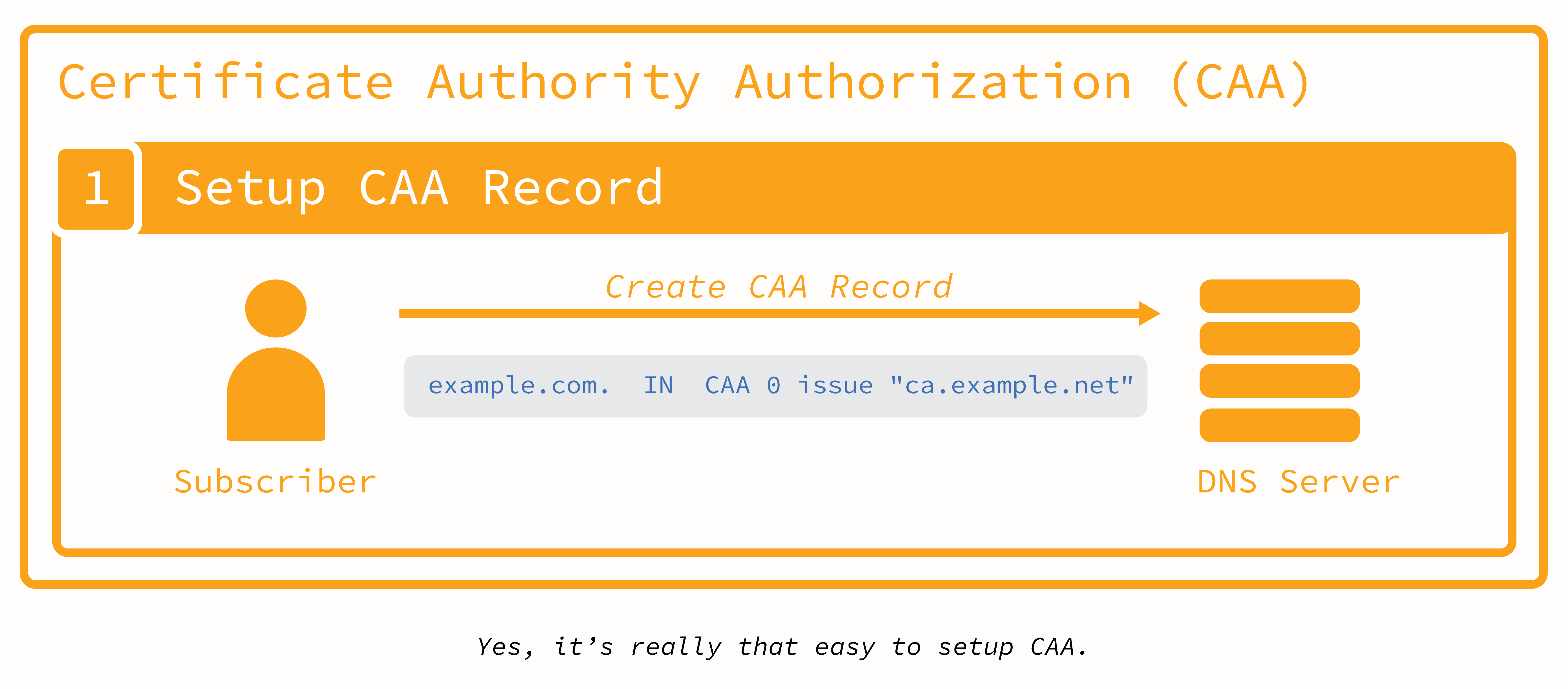A Year-End Letter from Let’s Encrypt Vice President
Let’s Encrypt is supporting 40 million more websites than a year ago, bringing the total number of websites using our free SSL Certificate to over 360 million

This letter was originally published in Let’s Encrypt's 2023 Annual Report.
We typically open our annual report with a letter from our Executive Director and co-founder, Josh Aas, but he’s on parental leave so I’ll be filling in. I’ve run the Brand & Donor Development team at ISRG since 2016, so I’ve had the pleasure of watching our work mature, our impact grow, and I’ve had the opportunity to get to know many great people who care deeply about security and privacy on the Internet.
One of the biggest observations I’ve made during Josh’s absence is that all 23 people who work at ISRG fall into that class of folks. Of course I was a bit nervous as Josh embarked on his leave to discover just how many balls he has been keeping in the air for the last decade. Answer: it’s a lot. But the roster of staff that we’ve built up made it pretty seamless for us to keep moving forward.
Let’s Encrypt is supporting 40 million more websites than a year ago, bringing the total to over 360 million. The engineering team has grown to 12 people who are responsible for our continued reliability and ability to scale. But they’re not maintaining the status quo. Let’s Encrypt engineers are pushing forward our expectations for ourselves and for the WebPKI community. We’ve added shorter-lived certificates to our 2024 roadmap. We’re committing to this work because sub-10 day certificates significantly reduce the impact of key compromise and it broadens the universe of people who can use our certs. In addition, the team started an ambitious project to develop a new Certificate Transparency implementation because the only existing option cannot scale for the future and is prone to operational fragility. These projects are led by two excellent technical leads, Aaron Gable and James Renken, who balance our ambition with our desire for a good quality of life for our teams.
Prossimo continues to deliver highly performant and memory safe software and components in a world that is increasingly eager to address the memory safety problem. This was evidenced by participation at Tectonics, a gathering we hosted which drew industry leaders for invigorated conversation. Meanwhile, initiatives like our memory safe AV1 decoder are in line to replace a C version in Google Chrome. This change would improve security for billions of people. We’re grateful to the community that helps to guide and implement our efforts in this area, including Dirkjan Ochtman, the firms Tweede golf and Ferrous Systems, and the maintainers of the many projects we are involved with
Our newest project, Divvi Up, brought on our first two subscribers in 2023. Horizontal, a small international nonprofit serving Human Rights Defenders, will be collecting privacy-preserving telemetry metrics about the users of their Tella app, which people use to document human rights violations. Mozilla is using Divvi Up to gain insight into aspects of user behavior in the Firefox browser. It took a combination of focus and determination to get us to a production-ready state and our technical lead, Brandon Pitman played a big role in getting us there.
We hired Kristin Berdan to fill a new role as General Counsel and her impact is already apparent within our organization. She joins Sarah Heil, our CFO, Josh, and me in ISRG leadership.
Collectively, we operate three impactful and growing projects for $7 million a year. This is possible because of the amazing leadership assembled across our teams and the ongoing commitment from our community to validate the usefulness of our work. As we look toward 2024 and the challenges and opportunities that face us, I ask that you join us in building a more secure and privacy respecting Internet by sponsoring us, making a donation or gift through your DAF, or sharing with the folks you know why security and privacy matter to them.





































